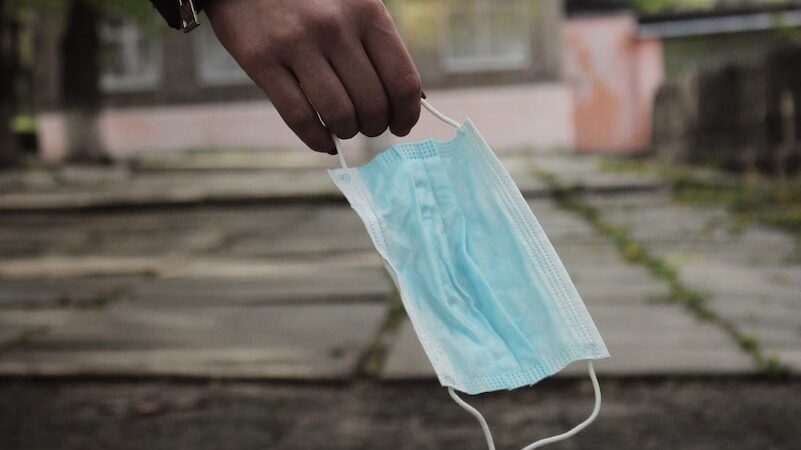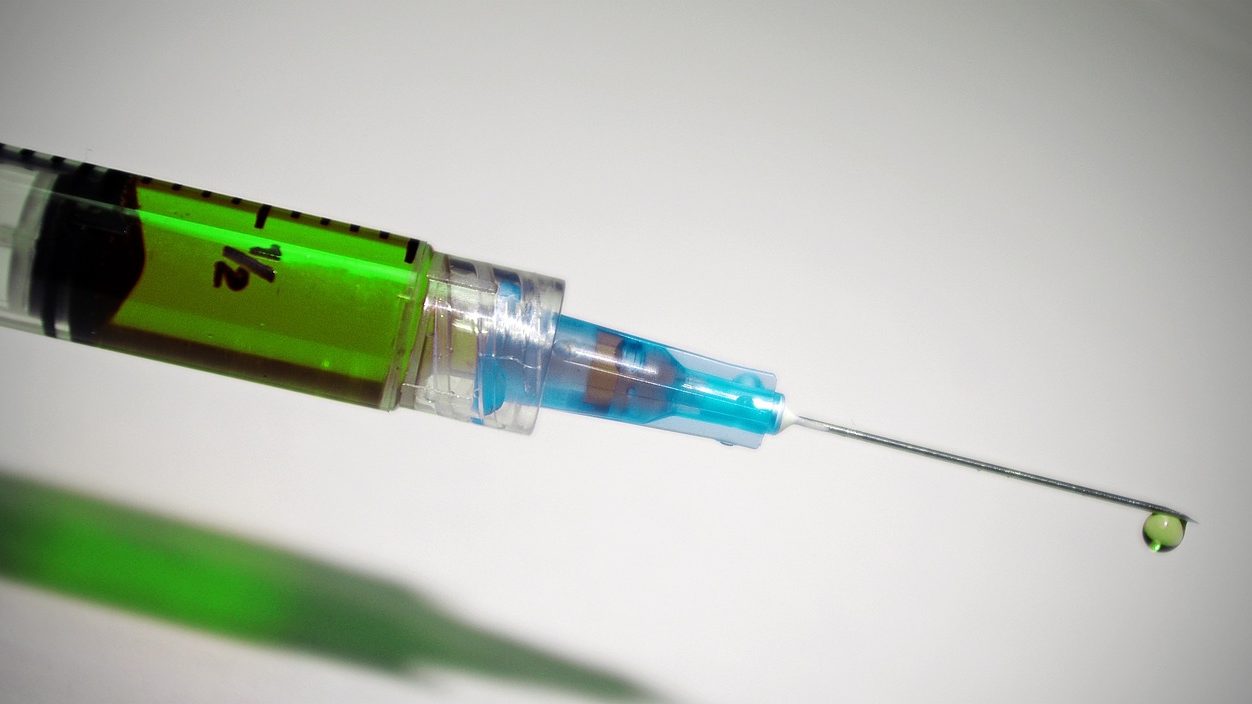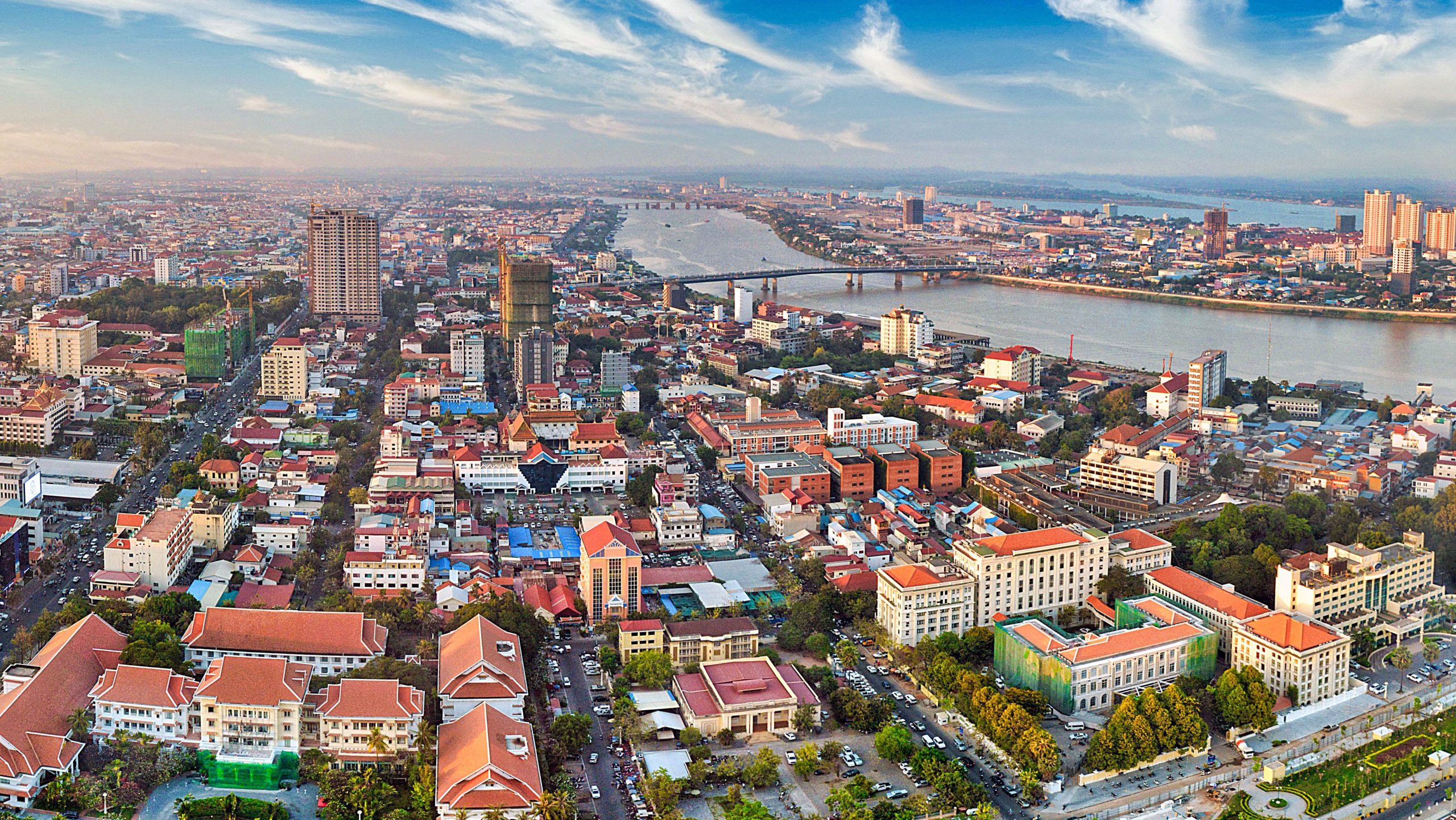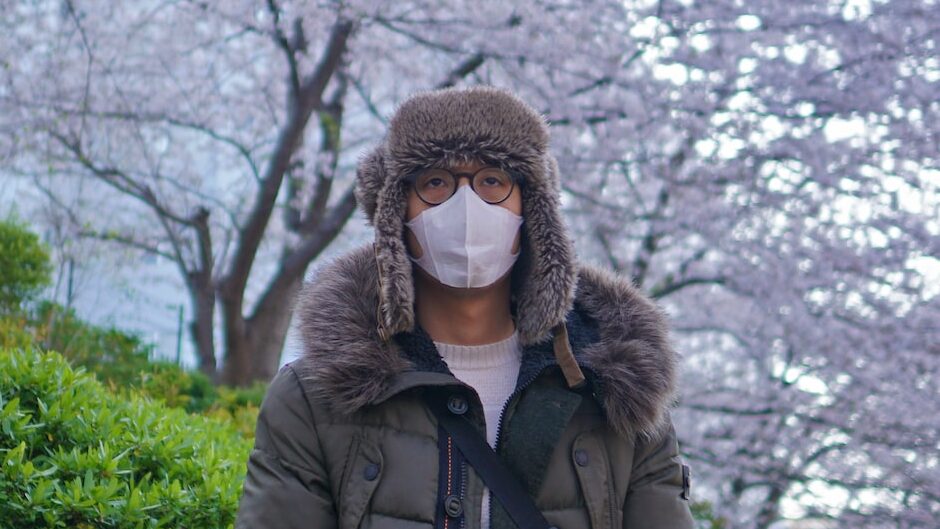Our third study of COVID-19 vaccine hesitancy among 23,000 respondents in 23 countries, surveyed from 29 June to 10 July 2022 found willingness to accept vaccination at 79.1%, up 5.2% from June 2021.


Our third study of COVID-19 vaccine hesitancy among 23,000 respondents in 23 countries, surveyed from 29 June to 10 July 2022 found willingness to accept vaccination at 79.1%, up 5.2% from June 2021.

The world’s richest countries are now its most vaccine-hesitant. Can we learn to trust our shots before the next pandemic?

For Heidi Larson, the founder of the Vaccine Confidence Project, dispelling vaccine hesitancy means building trust — and avoiding the term “anti-vaxxer.

One of my favourite radio guests on “Doctor Radio” on SiriusXM throughout the COVID pandemic has been Heidi Larson, founding director of…

This research aims to develop and evaluate a suite of feasible interventions based on artificial intelligence technologies checking extensions, real-time dashboards, and chatbots – that improve the ability to debunk misinformation, boost self-efficacy in the vaccination decision-making process.

In this large-scale multi-country study, we explored intent to accept a COVID-19 vaccine and the socio-demographic and emotional determinants of uptake for 17 countries.

This research applies communication and behavioural theories to comprehensively assess confidence in and acceptance of HPV vaccines in Japan, Korea, and China amongst people who have not received the vaccine, in order to develop effective digital communication strategies to increase uptake.

To identify knowledge gaps, beliefs and attitudes in relation to the COVID-19 pandemic and COVID-19 vaccine acceptance among adults in the Asia-Pacific region, the Vaccine Confidence Project conducted two waves of quantitative research in 2021 and 2022.

Overview Various efforts have been made to understand the spectrum of determinants of health outside of traditional clinical and public health frameworks.

Overview Human Papillomavirus (HPV) is the fourth biggest cause of mortality amongst women in Brazil according to the Pan American Health Organisation (PAHO) but COVID-19…

A mixed-methods approach was used including an online survey in 15 countries which aimed to determine drivers of HCPs vaccine confidence and examine how these drivers vary across nations.

Little is known about how social media platforms can be used to increase COVID-19 vaccine intent. We aimed to investigate the effect of social media-based interventions on vaccine hesitancy in Japan.